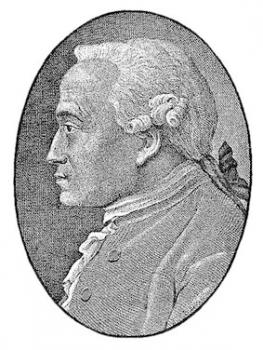Normative ethics is the branch of philosophical ethics that investigates the set questions that arise when considering how to act. Normative ethics deals with the standards for the rightness or wrongness of actions. Normative ethics is sometimes called prescriptive rather than descriptive.
Normative ethics can be divided into the two sub-disciplines of moral theory and applied ethics.
There are disagreements about what gives an action its ethical force. There are three competing views on how moral questions should be answered. The first is virtue ethics that focuses on the character of those who are acting. The second and third are deontological ethics that focus on the status of the action.
Morality is presumed to have a special bonding force on behavior and some philosophers even conclude that people only behave morally when motivated by other factors.
There is also the idea that the binding force of morality is not clear. For example, faced with an opportunity to steal and get away with it, moral obligation has no power to stop an individual unless there is a feeling of an obligation (1). Morality may therefore have no binding force beyond regular human motivations, and people must be motivated to behave morally (1).
Social structure and motivation can make morality bidning, but only because it makes moral norms feel unavoidable (1). John Stuart Mill argues that humans must first reason about what is moral before trying to bring the feelings of conscience in line with reason (1).
Reference:
(1) Foot, Philippa (2009). Morality as a System of Hypothetical Imperatives. In S. M. Chan, & P. Markie. Ethics: History, Theory, and Contemporary Issues (p. 556-561). New York: Oxford University Press.
© BrainMass Inc. brainmass.com June 29, 2024, 10:09 pm ad1c9bdddf

